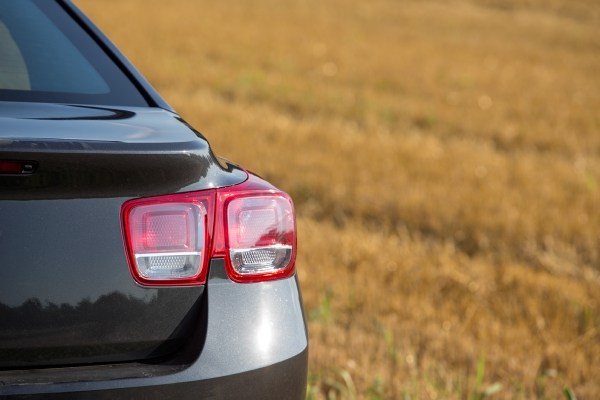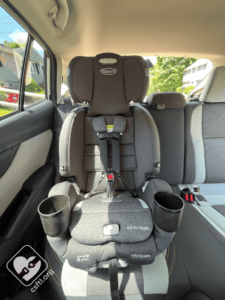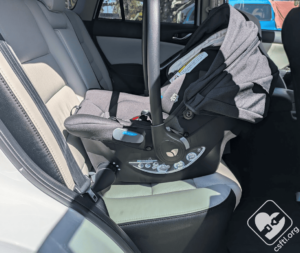What Your Car Emergency Kit Should Have

It’s one of a driver’s worst fears: A dead battery or alternator, a blown gasket, your car ran out of gas, or any number of other car troubles that leave you stranded on an empty stretch of road. For winter drivers, there’s also the possibility of sliding off an icy road into a snowbank.
In such a scenario, having a car safety kit with the right components can mean the difference in keeping you and your passengers safe and sound until aid arrives. Depending on the problem, the proper tools can also get you back on the road as quickly as possible.
While some items should be found in every trunk, not every roadside emergency kit is built the same. Tailor it to the type and condition of your vehicle, as well as the weather where you typically travel. With the unpredictability of winter weather, even drivers in traditional warm-weather states may want to consider adding safety items for snow and ice. It’s always wise to err on the side of caution and include certain items just in case.
Here is the essential emergency car kit list:
1. Flares & Lighting
The first and most important safety items to include in your auto emergency kit are flares or reflective triangles, which warn other drivers of the roadside hazard. In case of a breakdown they should be spaced out evenly along the roadside behind your vehicle. For a reusable, longer-lasting option, invest in battery-operated LED flares. A flashlight is also a necessity, especially a multi-use version that flashes.
2. Jumper Cables
Jumper cables are another essential to include in the car emergency kit. Batteries can die or lose their juice at the least opportune moment; jumper cables, with a jump-start from another vehicle, can at least get you to the next service station. You should also consider carrying a separate battery pack for starting your car when no one else is around to help.
3. First Aid Kit
A first-aid kit is an must have item to include in any emergency road kit, indispensable for addressing smaller, everyday injuries and more serious wounds from an accident. You can purchase them pre-packed with all the essentials or assemble one customized to your needs. Families with small children should include medications that are age appropriate. Be sure to know what medications are needed for your passengers and pack enough to last for an extended period of time.
4. Car Fluids & Tools
Flat tires are one of the most common causes of roadside trouble, but it’s not always possible to change a tire. Including a can of tire inflator and sealant in your kit can get you back on the road at least to the next stop. Other items that may help avert a roadside crisis and keep you going:
1 quart or more of motor oil
1 gallon of coolant
a toolkit with screwdrivers, pliers, and an adjustable wrench
1 set of windshield wiper blades
Good wiper blades are also crucial to have handy, as they can clear a windshield in less than three swipes without leaving streaks. Keep a set of new blades in your vehicle so you can replace worn blades quickly and on the go.
It’s essential your emergency road kit includes specific items in case you end up spending several hours or more in your disabled car.
5. Car Accessories for Winter
If you know you’ll be driving in snowy weather include:
an ice scraper
a spray bottle with washer fluid
1 set of snow chains for your tires
Store all your items together in a box or carrying case in the trunk, making sure it’s easily accessible in case you need it in a hurry.
Blankets, a sleeping bag or a heat-retaining emergency survival blanket are critical for making it through a cold night, especially in wintry climates. Bottled water and long-lasting food items such as granola or energy bars can be rotated out over time.
Driving safely should always be your top concern. Learn safe driving tips to keep you and your passengers’ safe on the road.







